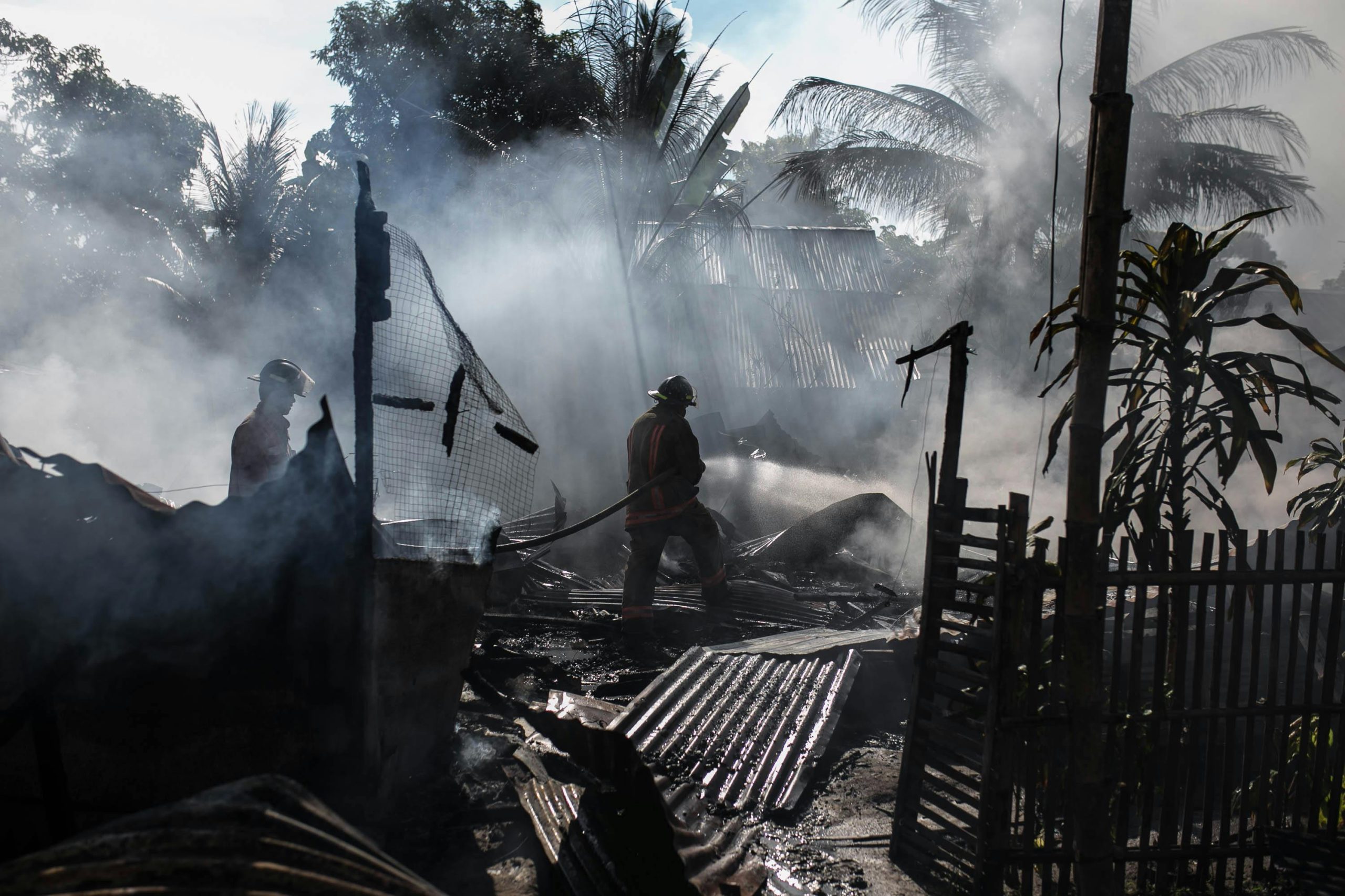Navigating the Aftermath of a Hit-and-Run: Insights on Insurance and Claims
What to Do When Your Parked Vehicle Is Hit
Picture this: your vehicle has been hit while it’s parked, and to add insult to injury, the driver left the scene. This frustrating situation raises a few questions, especially regarding the role of your car insurance. When my brother-in-law heard that my insurance agent didn’t want to involve my own insurance company, he was taken aback. But is this normal, or should my agent handle the situation differently?
Missteps or Misunderstandings?
Fortunately, there were witnesses who saw the incident, identifying the culprit as a commercial truck. They even provided the truck’s insurance details, allowing me to file a claim with their insurance company. Despite this progress, my insurance agent continues to assert that my own policy should not be involved. Naturally, I’ve consulted him about this approach. I was hoping to leverage my insurance to ensure I’m not short-changed or left in the lurch dealing with a third-party insurance firm.
Concerns Over Loss of Vehicle Value
One pressing concern I raised was the potential depreciation of my vehicle’s value after the accident. My inquiry was met with a somewhat disheartening response:
“I’ve seen several attempts but no one has successfully recovered that loss. Your agent cannot help since I don’t represent the responsible company’s insurance. This would have to be your own battle, as I have no leverage. The one time I saw someone succeed, a client had a highly customized Jeep worth nearly $90K and was rear-ended by a semi. He pursued legal action and concluded that the effort, time, and money were not worth the return. Have you established if the other party has accepted liability? Without acceptance, making any repairs will be challenging.”
Understanding Roles and Responsibilities
This situation underscores the complexity of navigating insurance claims, particularly when another party is involved. While it may seem prudent for your own insurance to step in, agents might steer clear when another insurer is involved, focusing their efforts where they have jurisdiction or influence. It’s crucial to understand the roles and boundaries within which your insurance agent operates.
Moving Forward
Navigating such cases requires patience and persistence. Establishing clear liability with the at-fault party’s insurer is key. As frustrating as it may be, pursuing loss of value claims is often laden with challenges. It could be beneficial to consult with legal or financial advisors to weigh the potential benefits




It’s certainly frustrating to be in a situation where your parked vehicle was hit, and the responsible party drove off, leaving you to navigate the complexities of insurance claims. Let’s unpack this situation and address your concerns step by step:
Understanding Your Agent’s Position: Your insurance agent’s role is typically to guide you through your specific policy and coverages, which primarily involve claims where your insurance company would be the payor. In this instance, since another party is at fault, the claim ideally should be directed through the other party’s insurance. Your agent’s perspective seems to be rooted in the idea that involving your own insurance might lead to a more prolonged or complex situation, especially if liability hasn’t been accepted by the responsible party’s insurer.
Liability and Filing a Claim: You’ve done well by obtaining the insurance information of the commercial truck that hit your vehicle and filing a claim with their insurer. If the other party has accepted liability, their insurance company is obligated to compensate you for the damages incurred, which includes repairs and potentially rental car coverage while your vehicle is being repaired.
Role of Your Insurance: There are situations where involving your own insurance could be beneficial. If the other party’s insurance company is slow to accept liability or is uncooperative, you might consider filing a claim with your own insurer, especially if you have collision coverage. Your insurance company would then pursue subrogation to recover costs from the at-fault party’s insurance. This could also potentially address any immediate needs for repairs or rental coverage without lengthy delays.
Diminished Value Claims: Your concern about the diminished value of your vehicle is valid. This involves the depreciation your vehicle suffers after being repaired from an accident; it’s often not the same value it was pre-accident due to its history. Successfully claiming for diminished value typically depends on the state laws, and many insurance companies may not automatically pay this unless it’s specifically stipulated in the policy or proven in court. In some cases, consulting with a lawyer who specializes in insurance claims might be advisable, especially if the diminished value is significant compared to typical cases.
Practical Advice: